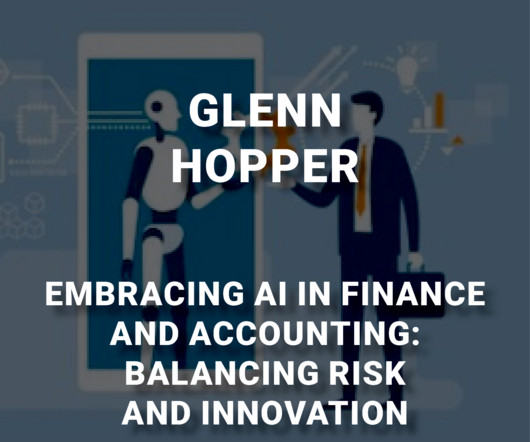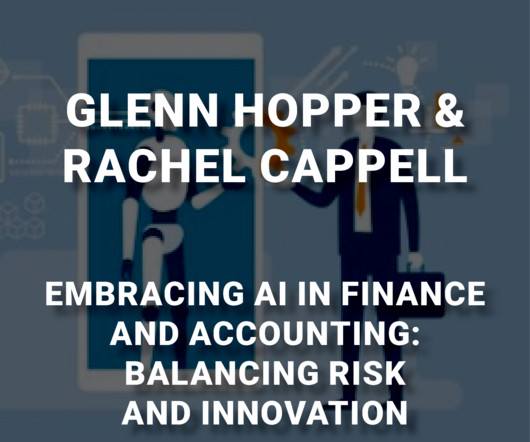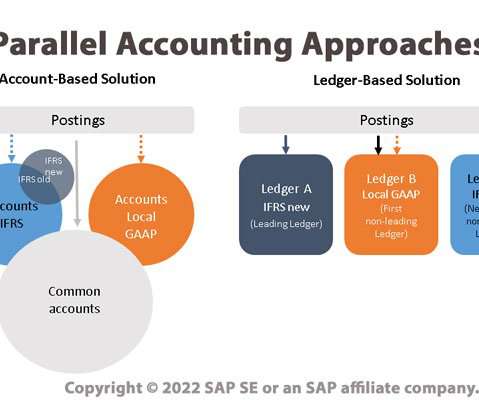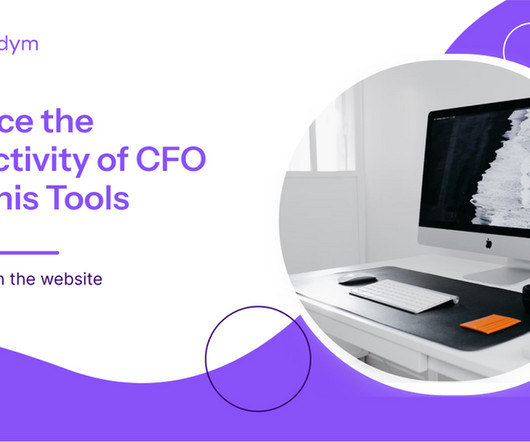Embracing AI in Finance and Accounting: Balancing Risk and Innovation
CFO Leadership
OCTOBER 10, 2023
AI in the “Real World” While these powerful tools seem to have a near mastery of natural language communication, they are not necessarily designed to possess many of the skills required by finance and accounting professionals. However, they still have a place in corporate finance and accounting.














Let's personalize your content